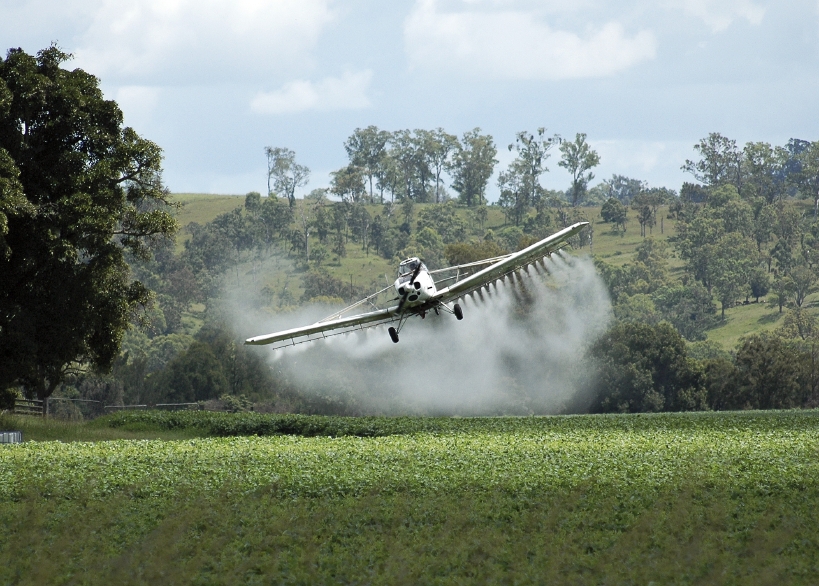Corporate studies affirming glyphosate safety have major flaws, report finds

Published: August 6, 2021
Category: Pesticide News
Reflecting a worrisome trend of regulators using industry-funded research and ignoring red flags, a new analysis of corporate-backed studies on glyphosate safety (Roundup) reveals serious flaws.
The Institute of Cancer Research at the Medical University of Vienna’s 187-page report found that only two of 53 safety assessments met current international scientific standards. The others used outdated methodologies that lack the most accurate tests to detect cancer risks.
“The quality of… many of these studies is very poor. The health authorities… accepted some of these very poor studies as informative and acceptable, which is not justified from a scientific point of view,” said lead author Siegfried Knasmueller.
Knasmueller pointed to tests—used to measure chromosome damage at early stages in mice and rats—that measure only 50%-60% of carcinogens. The more precise test—“comet assay”—was not included.
“I cannot understand why the health authorities did not ask for such data,” said Knasmueller, a genetic toxicology expert.
Since glyphosate was classified as a “probable human carcinogen” in 2015, it has been banned in several countries, including Mexico and France.
Knasmueller’s review was only made possible by a 2019 court decision forcing the European Food Safety Authority to provide public access to corporate documents.
The lack of scrutiny of industry studies is “shocking as it is their job to protect people’s health and the environment, not to serve the interests of the pesticide industry,” said Nina Holland of Corporate Europe Observatory.
Source: The Guardian
To view source article, visit




